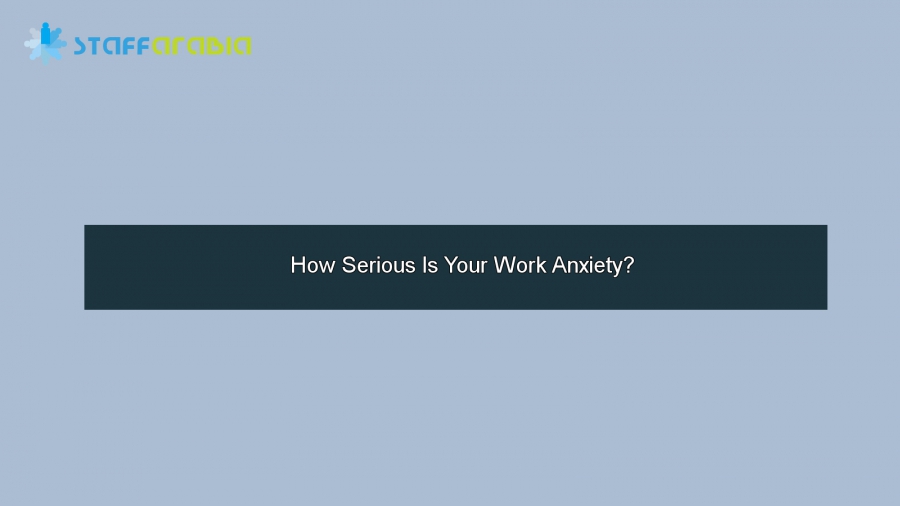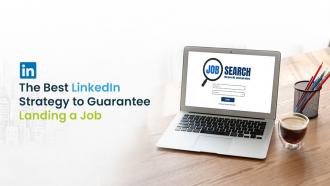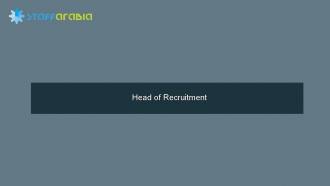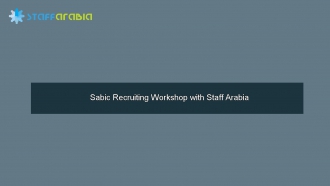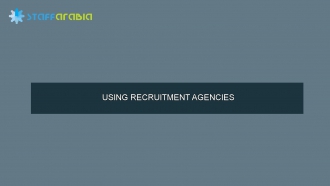
In honor of it being Mental Illness Awareness Week, now’s the perfect time to tackle something that can either be incredibly helpful or seriously debilitating: workplace anxiety. On one hand, worrying about what’s on your plate can spark your motivation, pushing you to power through your to-do list. But when anxiety goes overboard, it can immobilize you, making it hard to get through the day at all. Here, Matthew Goldfine, Ph.D., a clinical psychologist in New York and New Jersey, shares three signs your anxiety is NBD, and three that are a tip-off you’ve got something bigger on your hands.
Your anxiety is pretty normal if:
1. It’s brought on by a huge presentation. Do your nerves spike because you have a stressful work event on your mind? Completely understandable. “If you only get worked up when a truly tense situation arises, like a looming deadline, then your anxiety is nothing to worry about—no pun intended,” said Goldfine.
2. You find a solution to your problem. Sure, everyone has moments when it feels like they’re totally frozen due to anxiety. But if you’re able to shake that feeling and figure out a way to fix your issue, you’re likely dealing with a normal level of worry. “Being able to deal with anxiety as it comes your way is a good indicator of where you are on the anxiety spectrum,” said Goldfine. Think back to the last time you had to deal with a freaky work situation. Did your apprehension leave you completely frazzled, or did you handle it in a way that would make Olivia Pope proud?
3. Your anxiety helps you stay on top of things. It may be counterintuitive, but anxiety can give you a useful push in the work world. “It can keep you sharp, focused, and on task,” said Goldfine. “It’s no coincidence that the world’s best athletes and performers often find a way to channel their nervous energy into something productive.” This is due to physiological changes anxiety can bring about, like a rush of the hormone adrenaline, which can help you kick it into high gear.
You may want to see a doctor if:
1. Worrying gets in the way of your life. Anxiety that goes beyond work and seeps into every aspect of your life can be harmful. “We can all feel anxious or depressed sometimes,” said Goldfine. “The difference between a normal or abnormal issue is whether it affects your social life, employment, or physical health and well-being.” If you find yourself skipping out on work meetings or avoiding happy hours because it’s just too much for you, your anxiety may be in overdrive.
2. You’re anxious. All. The. Time. Everyone needs a break from the heart-pounding pressure that comes with nervous moments! “If every bump in the road is causing you considerable distress, you may be prone to being anxious,” said Goldfine. When relentless worry has become your status quo, it’s a good time to consider bringing it up with your doctor.
3. Nothing calms you down. Whether it’s a whine-and-wine session with your best friend or a lengthy Swedish massage, you should have a few go-to methods of kicking your anxiety to the curb. If you try things that should be relaxing but your anxiety never goes away, or only abates for a brief period before coming back full force, you may want to get help. “If you always find yourself back where you were before, feeling worried, tense, and on edge, you might have excessive anxiety,” said Goldfine.
The truth is, anxiety is nothing to be ashamed of. About 40 million American adults are dealing with an anxiety disorder, according to the National Alliance on Mental Illness. People live with it daily, and many are able to manage it with the right treatment and coping methods. If you’re starting to think your anxiety may be a real problem, bring it up with your doctor, or sign up for a consultation with a mental health professional. You can even talk about it with your friends—you may be surprised by how many are going through the same thing.

